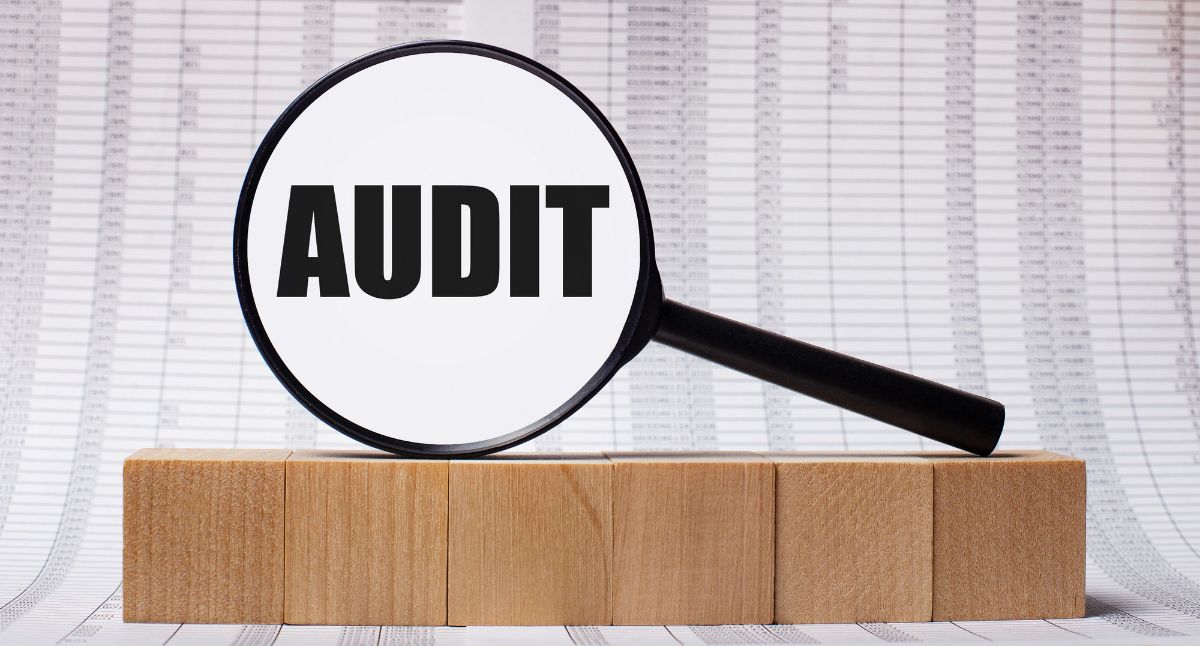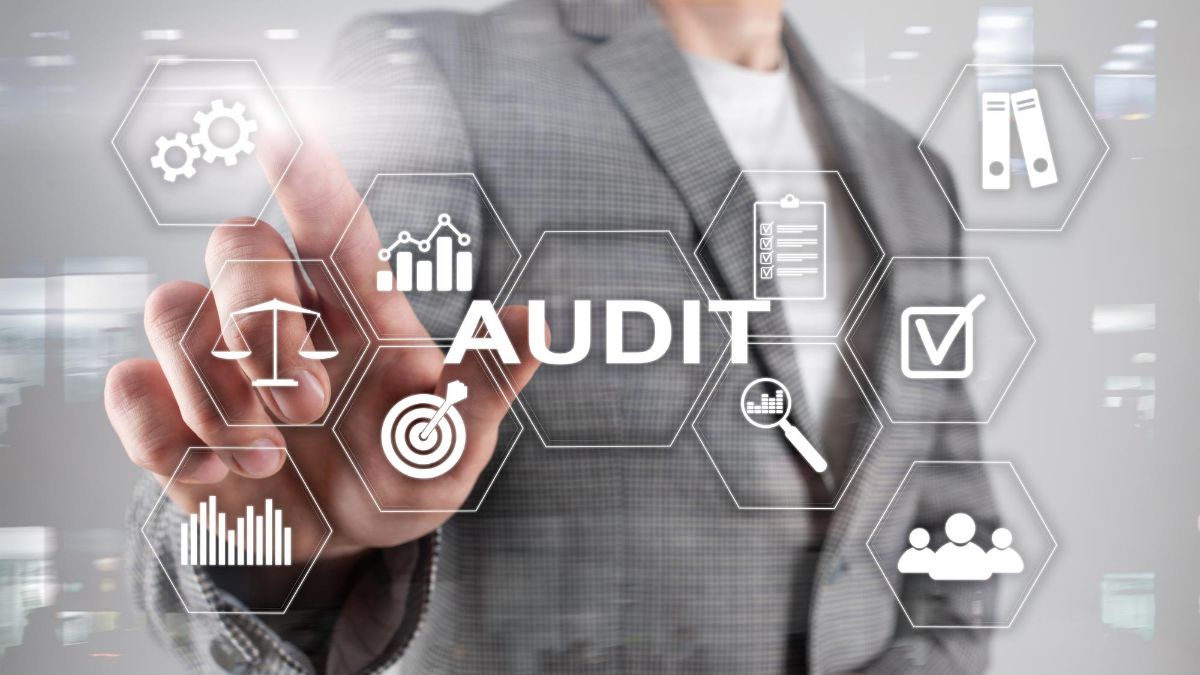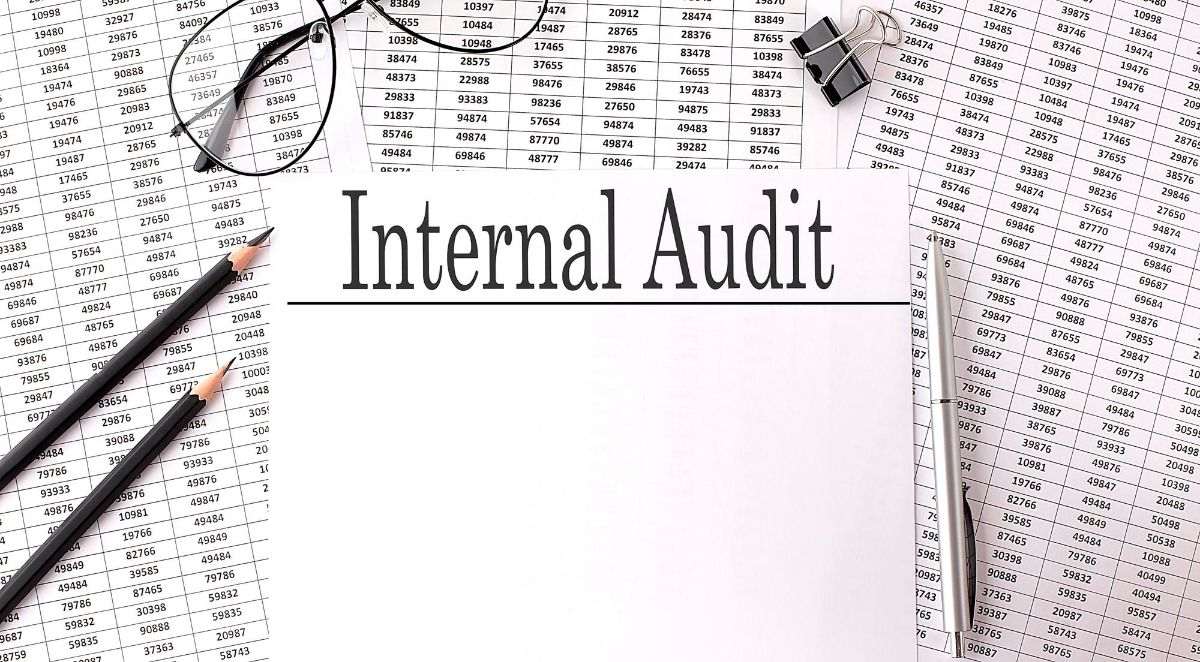In today’s expansive business landscape, external audits act as pillars of trust, transparency, and credibility. Whether it’s a multinational corporation, a budding startup, or a government agency, these entities turn to audits to ensure the integrity of their financial operations. These audits not only verify financial statements but also solidify an organization’s reputation in the market. For investors, business owners, and donors, understanding these audits means gaining insight into a firm’s fiscal responsibility and stability.
What is an External Audit?
An external audit refers to an objective and unbiased review of an organization’s financial statements. It’s carried out by certified professionals, including certified public accountants (CPAs), CPA firms, or chartered accountants. Their central aim is to validate the truthfulness and fairness of these statements.
During this process, external auditors meticulously delve into the company’s financial records, transactions, and even the robustness of its internal controls. They assess the company’s adherence to accounting principles, industry benchmarks, and legal requirements. This thorough examination culminates in a detailed report, often accompanied by an opinion reflecting the authenticity of the financial disclosures.
Who Uses External Auditing Services?
Publicly Traded Companies
Regulatory authorities necessitate external audits for publicly traded companies. This mandate not only ensures the authenticity and clarity of financial reports but also fortifies market trust, safeguarding shareholders and prospective investors. Such audits provide a clear picture, further solidifying a company’s position in the competitive stock market landscape.
Private & FreeZone Registered Companies
All limited liability companies in the UAE are required to keep audited financial statements by law. In particular, companies registered in free zones such as DMCC, JAFZA, DAFZA, DIFC, SAIF-ZONE etc. are required to submit audited financial statements on an annual basis. Apart from compliance with regulatory requirements, external audit helps elevate the financial credibility of the organizations, particularly when seeking investments, loans, or collaborative opportunities. Moreover, this process can highlight and address vulnerabilities in internal controls. As a result, private firms can offer stakeholders a tangible assurance of their financial prudence and operational integrity.
Nonprofit Organizations
For nonprofit entities, the public’s trust and donations are paramount. Hence, external audits are essential, showcasing fiscal responsibility and clear allocation of funds. Furthermore, many donors and sponsors demand audited financial statements before extending financial support. Such rigorous financial checks cement a nonprofit’s reputation, fostering a broader base of support and increased donor confidence.
Government Entities
At all tiers — federal and local — government bodies adopt external audits to ensure the conservative use of public resources. These audits serve as a line of defense, preventing fraudulent activities, curbing wastage, and maintaining fiscal responsibility, all in the best interest of the citizens they are designed to serve. Additionally, these practices emphasize transparency to ensure government entities are held accountable to their constituents.
Other Users of External Audits
- Shareholders and Investors: Protecting Financial Interests
- Regulatory Authorities: Ensuring Compliance and Transparency
- Potential Business Partners: Evaluating Credibility and Financial Health
- Banks and Financial Institutions: Assessing Creditworthiness and Risk
- Company Management: Strengthening Internal Controls and Processes
- Suppliers and Creditors: Gauging Financial Stability
- Employees and Unions: Understanding the Organization’s Financial Well-being
- Customers: Building Trust through Financial Transparency
- Mergers and Acquisitions Consultants: Due Diligence and Company Valuation
- General Public: Bolstering Corporate Accountability and Trustworthiness.
Benefits of Using External Audits
External audits provide a comprehensive and impartial view of an organization’s financial standing and operations, resulting in numerous advantages:
- Enhanced Credibility: Boosts stakeholder and investor confidence in the company’s financial reporting.
- Operational Insights: Unearths inefficiencies and suggests avenues for improvement.
- Risk Management: Highlights areas of non-compliance, mitigating potential legal and financial repercussions.
- Fraud Deterrence: Acts as a preventive measure against financial malpractice and irregularities.
- Attractive to Financial Institutions: Makes a firm more appealing for lending, due to validated financial health.
- Reputation Boost: Solidifies a company’s position in the market, encouraging trust among partners and customers.
In essence, external audits underpin transparency, trust, and operational excellence, fortifying a company’s foundational integrity.
External Auditing with JRB
In the ever-evolving business arena, external audits are indispensable. They function as a cornerstone for upholding financial integrity, engendering trust among stakeholders, and achieving enduring success. At JRB Chartered Accountants, we recognize the critical role external audits play in modern business. Our comprehensive suite of services, ranging from detailed external audits to strategic business advisories, is tailored to cater to the unique needs of our clients. Reach out today to fortify your business’s market position and future with a consultation today.
Recent Blogs
-

The Comprehensive Guide to Statutory Audits: From Basics to Practical Examples
-

Types of Audits: What Every Business Owner Should Know
-

Who Uses External Audits and Why? Insights for Business Owners
-

The Five Key Elements of an External Audit Process
-

Internal Audit vs. External Audit: Which is More Effective for Your Business?
-

The Importance and Purpose of External Audits in Business
-

Guidance on Economic Substance Reporting
-

Environmental, Social, and Governance (ESG)
-

Economic Substance Regulations (ESR)
-

Corporate Tax in UAE
-

Auditing in Dubai, UAE
-

Accounting in Dubai, UAE
Contact us to know more
Contact Us- Audit & Assurance Services
- Tax Services
- Accounting & Outsourcing
- Risk Advisory
- Compliance Services
- Corporate Advisory
- Technology Consulting
- Business Services

